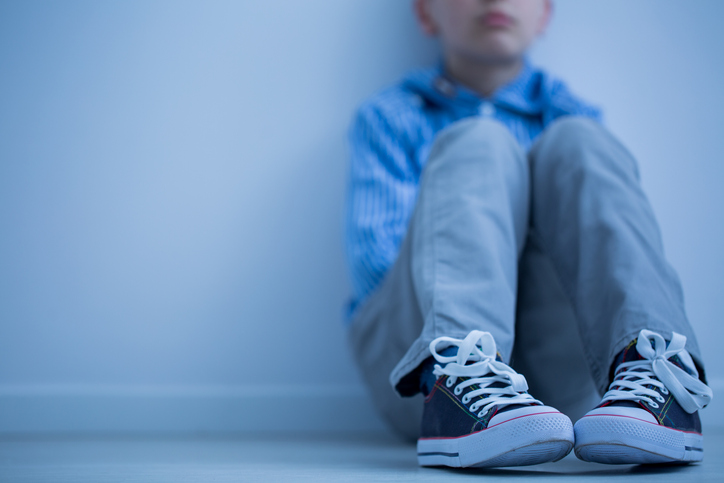Among all the dilemmas facing a parent of a child with emotional or behavioral problems, the first question — whether the child’s behavior is sufficiently different to require a comprehensive evaluation by professionals — may be the most troublesome of all. Even when a child exhibits negative behaviors, members of a family may not all agree on whether the behaviors are serious.
For instance, children who have frequent temper outbursts or who destroy toys may appear to have a serious problem to some parents, while others see the same behavior as asserting independence or showing leadership skills.
Every child faces emotional difficulties from time to time, as do adults. Feelings of sadness, loss, or emotional extremes are part of growing up. Conflicts between parents and children are also inevitable as children struggle from the “terrible twos” through adolescence to develop their own identities. These are normal changes in behavior due to growth and development. Such problems can be more common in times of change for the family, such as the death of a grandparent or family member, a new child, or a move. Generally, these kinds of problems tend to fade on their own or with limited visits to a counselor or other mental health professional as children adjust to the changes in their lives.
At times, however, some children may develop inappropriate emotional and behavioral responses to situations in their lives that persist over time. The realization that a child’s behavior requires professional attention can be painful or frightening to parents who have tried to support their child, or it may be accepted and internalized as a personal failure by the parent.
Sometimes parents fear that their child may be inappropriately labeled. They have concerns that the array of medicines and therapies suggested are not always agreed upon by all professionals. Still others become alarmed after obtaining an evaluation for their child only to discover that the evaluator believed emotional disturbances originate in family dynamics and that “parenting skills” classes were the best way to address the problem.
While many parents will concede that they may need to learn new behavior management or communication techniques in order to provide a consistent and rewarding environment for their child, many also express deep anger about the blame that continues to be placed on families with children who behave differently.
Where to Start…



























